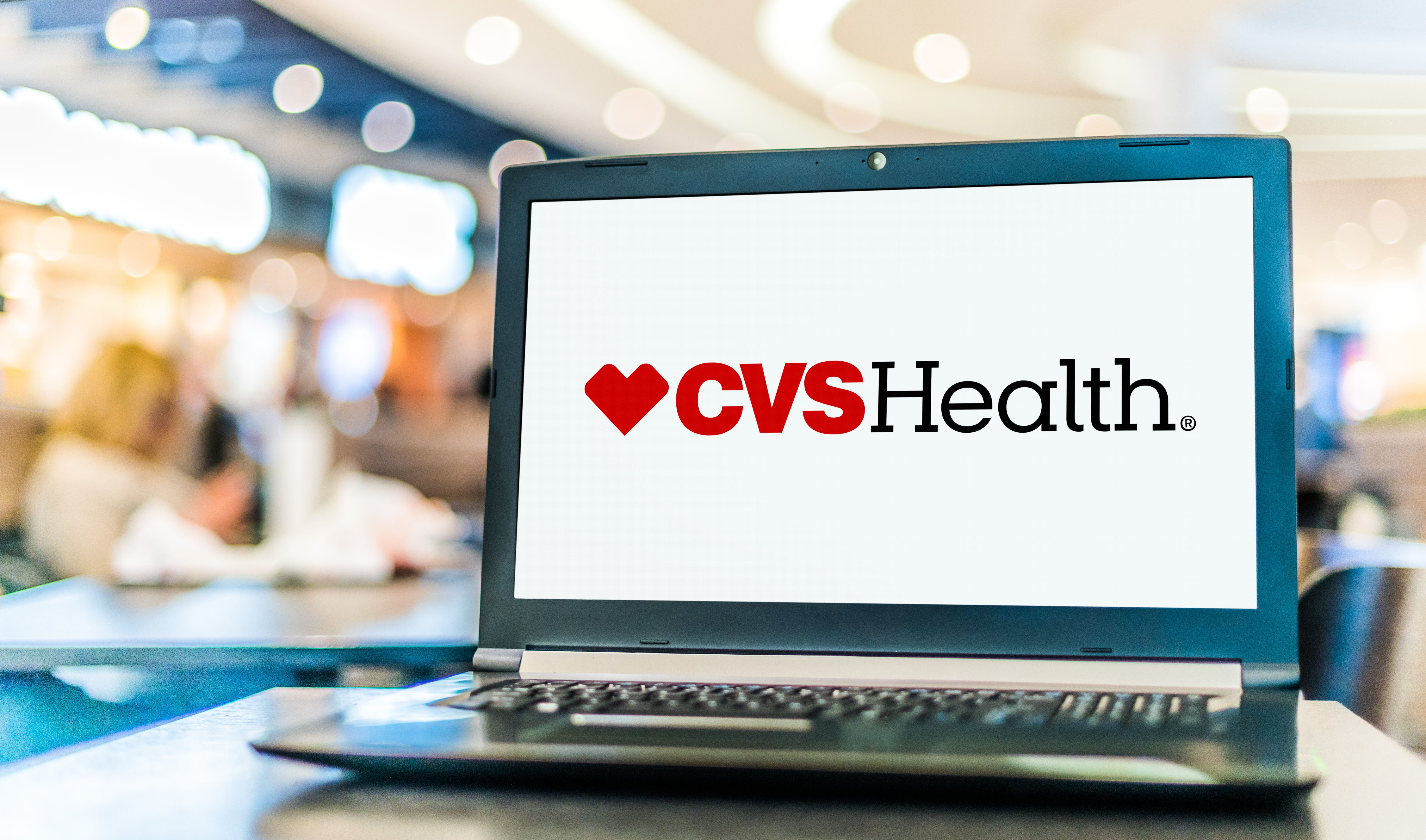- Bone Health
- Immunology
- Hematology
- Respiratory
- Dermatology
- Diabetes
- Gastroenterology
- Neurology
- Oncology
- Ophthalmology
- Rare Disease
- Rheumatology
Cordavis Report Outlines Strategies for Biosimilar Development, Access in the US Health Care Market
Cordavis, a CVS Healthspire company, released a report detailing the current hurdles faced in developing and commercializing biosimilars in the US and highlighting efforts by the organization to enhance access and affordability for these products.
A new report from Cordavis, a CVS Healthspire company, outlined current challenges with the development and commercialization of biosimilars in the US, as well as how the organization is working to expand access and affordability of these products.
Image credit: monticellllo - stock.adobe.com

The report was authored by Sree Chaguturu, MD, executive vice president and chief medical officer of CVS Health. Chaguturu leads the CVS Health medical affairs organization spanning Aetna, CVS Caremark, CVS Pharmacy, MinuteClinic, women’s health and genomics, data and analytics, patient safety, and health equity.
Cordavis, which was established in August 2023, is a CVS subsidiary that works directly with manufacturers to commercialize and/or co-produce biosimilars for the US market. The present report explained how biosimilars help improve affordability of treatments and showcased how Cordavis’ focus on manufacturing biosimilars is improving patient access and bringing innovation to the US health care system.
The size of the global biologics market was about $382 billion in 2022, and it is projected to rise to nearly $1.5 trillion by 2027. The market is estimated to have grown an average of 12.5% annually over the last 5 years and accounts for 46% of total drug spend despite only 1% to 3% of the patient population being treated with biologics. Estimates show that biosimilars are projected to yield $133 billion in savings to the US health care system in the coming years.
“The history of pharmaceuticals is a path grounded in research and scientific progress. The development of biosimilars marks an important milestone in this journey, creating the potential to treat cancers and other chronic conditions at a more affordable price point than biologics. With the right oversight and production considerations, biosimilars can boost access to care, control costs and improve health outcomes,” Chaguturu wrote.
Manufacturers have several responsibilities when it comes to developing biosimilars, including running trials to demonstrate similarity between the biosimilar and originator, managing drug production, ensuring manufacturing stability, and generating evidence to support the safety and efficacy of the product. Biosimilar development can take 5 to 10 years and cost companies $100 million to $250 million, significantly more than developing a generic small molecule drug (2 years; $1-10 million). Biologics have the added challenge of needing specific conditions to be made properly, meaning that temperature, pH, and nutrient levels must be controlled to mirror the process used to make the originator.
Once approved and on the market, biosimilars continue to face challenges in market acceptance among patients and providers as well as legal hurdles brought about by originator manufacturers, such as those in the cases of ustekinumab and etanercept biosimilars. The US’ policy around interchangeability can also create challenges for access, as patients may need to wait longer periods of time to receive their medications if the biosimilar they are trying to access does not have this label.
“This demand uncertainty can jeopardize the long-term viability of the biosimilar market, as manufacturers weigh the high upfront costs and complex production demands against unpredictable market adoption and return on investment,” warned Chaguturu.
The report went on to discuss efforts CVS Health has taken to promote generics and biosimilars, including establishing Red Oak for generic drug sourcing and becoming the first pharmacy benefit manager to include a biosimilar on formulary. The aim of Cordavis has been to “ensure stable demand and promote and economically viable biosimilar marketplace.” Along with partnering with Sandoz to launch Hyrimoz,—1 of 10 FDA-approved biosimilars to Humira (adalimumab)—Cordavis has implemented quality management practices, such as vetting partners, overseeing manufacturing processes, and conducting audits to ensure product quality and compliance with regulatory agencies.
Chaguturu summarized, “The advent of biosimilars promised to yield substantial cost savings and expand patient access to critical specialty medications. However, inherent manufacturing complexity, high development costs, and market uncertainty have posed challenges in establishing a thriving biosimilar marketplace…. Ongoing oversight throughout the manufacturing lifecycle ensures adherence to exacting standards for safety, purity, and efficacy.”
Newsletter
Where clinical, regulatory, and economic perspectives converge—sign up for Center for Biosimilars® emails to get expert insights on emerging treatment paradigms, biosimilar policy, and real-world outcomes that shape patient care.
